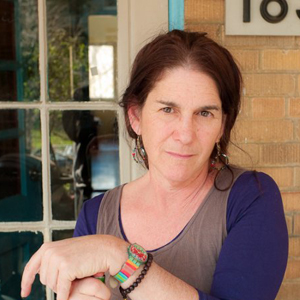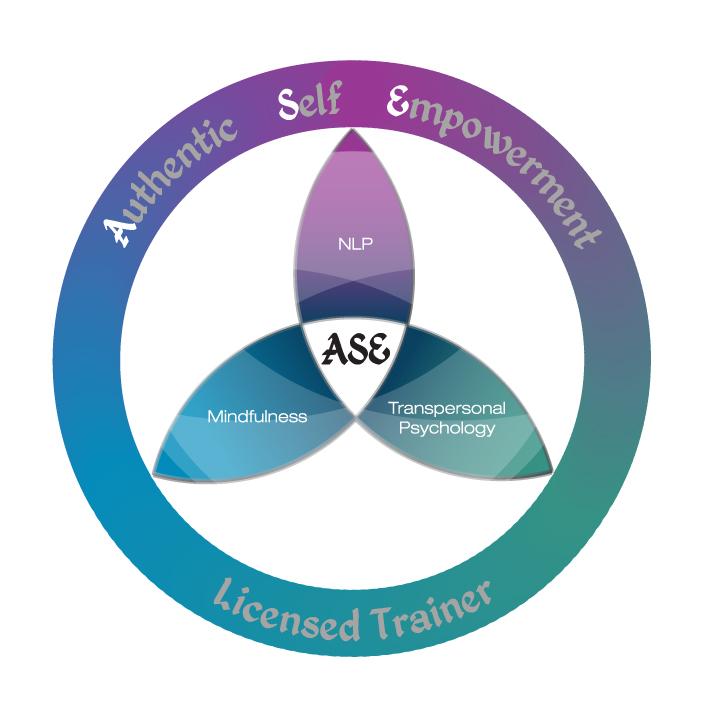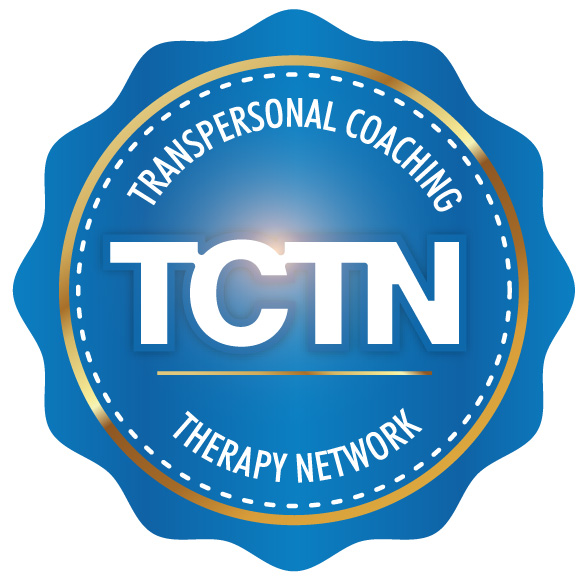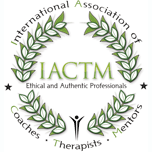Mentoring
 A Mentor helps people to live without fear, find their own authenticity, and achieve what they need, want, believe and value.
A Mentor helps people to live without fear, find their own authenticity, and achieve what they need, want, believe and value.
A mentorship refers to a relationship that nurtures personal development and in which a more experienced or more knowledgeable person helps a less experienced or less knowledgeable person.
What is mentoring?
It is a relationship that empowers the client (mentee) to build their strengths and deal effectively with challenges through constructive dialogue.
It is a process of sensitive listening and sharing that promotes reflection, self exploration and responsible decision making.
It is one-on-one help that can address basic life skills or workplace competency.
It is about helping people to turn life experiences into knowledge that can be used for growth and action.
“Mentoring is a process for the informal transmission of knowledge, social capital, and the psychosocial support perceived by the recipient as relevant to work, career, or professional development; mentoring entails informal communication, usually face-to-face and during a sustained period of time, between a person who is perceived to have greater relevant knowledge, wisdom, or experience (the Mentor) and a person who is perceived to have less (the protégé(mentee))” – Bozeman, Feeney (2007).
Mentoring is a tool that organizations can use to nurture and grow their people. It can be an informal practice or a formal program. Clients observe, question and explore. Mentors demonstrate, explain and model.
There are generally two types of mentoring relationships: formal and informal. Informal relationships develop on their own between partners. Formal mentoring, on the other hand, refers to a structured process supported by an organization and addressed to target populations.
A summary of Mentoring’s goals:
- To establish and develop a trusting relationship between Mentor and client.
- To assist the client in setting and achieving appropriate goals.
- To provide a safe space to encourage sharing and expressing feelings openly.
- To encourage the development of resourcefulness through role modelling.
- To provide support in coming to terms with and rising above, difficult circumstances and situations.
- To contribute to the development of a healthy self esteem, as well as emotional and social intelligence.
Search IACTM’s Directory of Accredited Mentors







